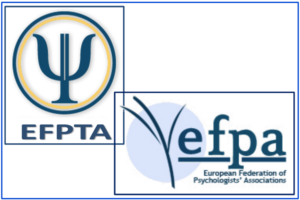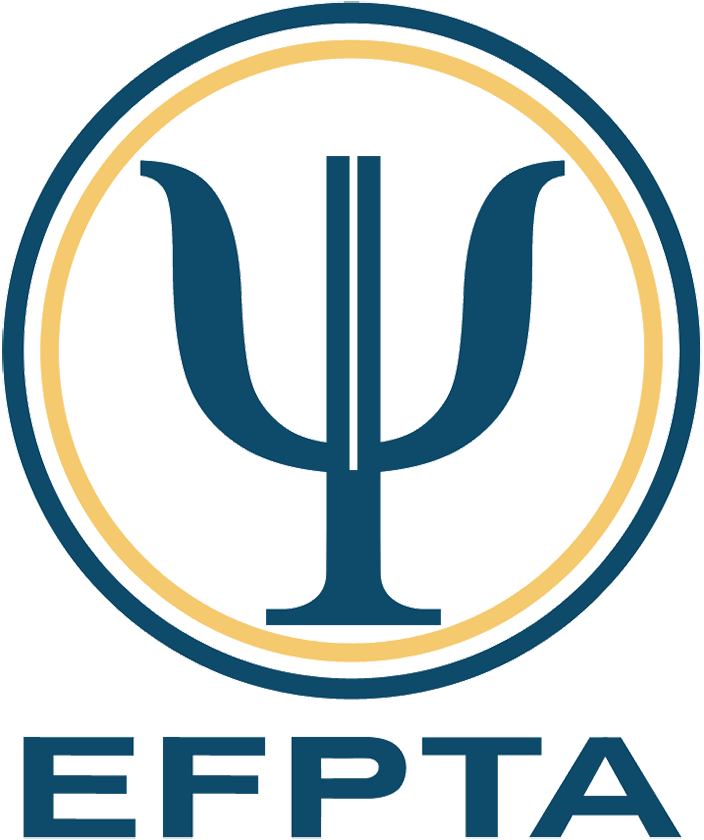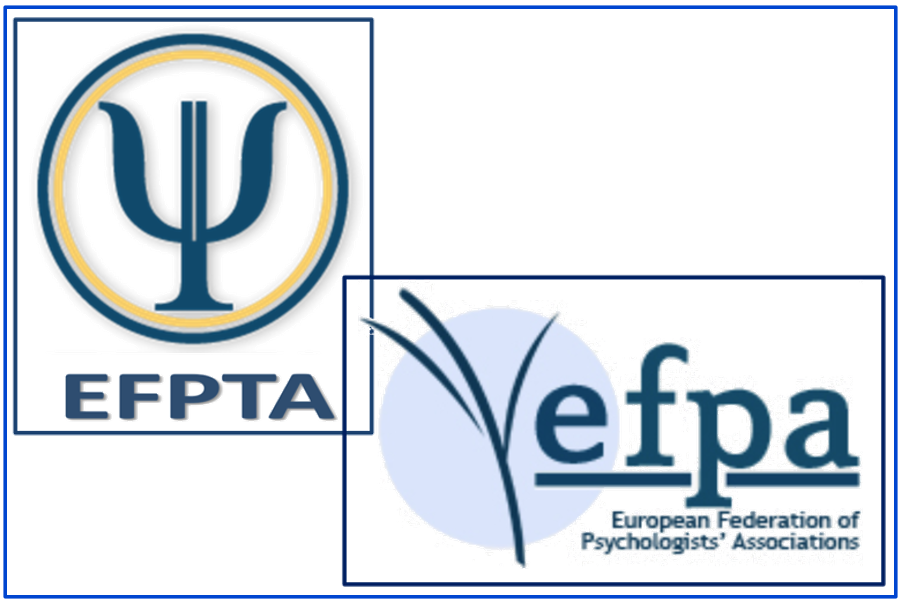 EFPTA was established in 2004, and five years later, at a meeting of the General Assembly of the European Federation of Psychologists’ Associations (EFPA) in Oslo, EFPTA was granted EFPA Affiliation status.
EFPTA was established in 2004, and five years later, at a meeting of the General Assembly of the European Federation of Psychologists’ Associations (EFPA) in Oslo, EFPTA was granted EFPA Affiliation status.
In October 2023 we were informed by EFPA that the membership category of ‘Affiliation’ (which had incurred no fee) had been terminated and EFPTA would become an Associate member from 2024, on payment of a new annual fee of 200 euros. This gave the EFPTA Board cause for concern.
By way of providing some context, it is important to note that psychology teachers across Europe are less well paid than practising psychologists and psychology academics. EFPTA’s members – which are mostly psychology teachers’ national associations – therefore generally charge low membership subscriptions, and in turn, EFPTA charges these associations relatively low membership fees of 60-100 euros p.a. Thus we aim to make psychology teachers’ participation as accessible and inclusive as possible. We now have 12 members, representing almost all the countries in Europe where psychology is taught as a subject in schools. Although we occasionally benefit from one-off forms of support, e.g. sponsorship of speakers for events, we have no other source of regular income. Naturally, we have no paid staff, and in contrast to other EFPA member associations, all our activities are run on a voluntary basis by EFPTA Board members, including our own conferences, participation in other organisations’ events, our webinars, collaborative research and teaching projects, Board meetings, website etc. In addition, almost all meetings and events take place in members’ own time on weekend days and evenings, as teachers are not normally allowed to take part in such activities during the school day. All of our activities are aimed at directly supporting / promoting psychology teaching in schools in Europe, however, as can be clearly seen, we run on a shoestring, plus a huge amount of goodwill and unpaid work!
So the imposition of the new EFPA membership fee posed a significant dilemma for EFPTA: on the one hand, we had aways valued our Affiliation to EFPA and had contributed substantially to EFPA activities, especially via its Board of Educational Affairs, where EFPTA reps had been committed participants over many years, collaborating on numerous research projects, conference presentations and publications. We had also promoted a range of EFPA activities on our website and via our networks. But on the other hand, the fee of 200 euros would account for nearly a quarter of EFPTA’s income, every year. We examined more closely the stated benefits of EFPA membership, and asked ourselves whether we could justify such expenditure to EFPTA members.
The EFPTA Board considered the issue at our November 2023 meeting, and the Board asked President Mette Eggertsen to request a meeting with EFPA President Christoph Steinebach. The Board accepted that the EFPA rules had changed, but wanted EFPA to understand our unique situation compared to other EFPA member associations. We hoped a solution could be found: some mitigation of the financial burden would be welcome, perhaps in the form of financial support for specific EFPTA activities such as the Helsinki conference. However, when Mette Eggertson and Morag Williamson (EFPTA Secretary) met with Christoph Steinebach and other senior EFPA figures in December (online), no such support was offered. The EFPTA Board then met again in January 2024 and decided unanimously against becoming an Associate Member of EFPA; Board members agreed that EFPTA should spend its limited funds in ways that will more effectively support and promote psychology education in schools. The EFPTA President then wrote to Christoph Steinebach, ending our membership of EFPA.
This has been an unfortunate episode for the psychology community in Europe. EFPTA and its member associations still – in some countries more than others – regularly encounter negative attitudes from psychologists and psychology academics towards psychology education in schools. The “journey into psychology starts at school”, in the words of former EFPA BEA rep and former EFPTA President Lenka Sokolová, is something that sadly is still not recognised or respected by some. EFPTA has to constantly strive to counter such attitudes, in our efforts to establish and maintain psychology as a valued subject in the school curriculum. We have been greatly supported in the past by EFPA Presidents Tuomo Tikkanen and Robert Roe, who told the European Parliament in 2011 that “a worthwhile aim is to promote EU citizens’ psychological literacy through teaching psychology in secondary schools” (Roe-Europe-for-Psychology-vpx-805799-01-09-2014.pdf (efpta.org)).
We are proud of EFPTA’s achievements over the last 20 years, which are extensively documented on our website. We are disappointed and, frankly, puzzled by the fact that EFPA has made our membership unsustainable, and in doing so, has removed a significant contributor to its BEA activities. But EFPTA has always been a strongly collaborative organisation and we will continue to establish and develop relationships with other organisations and individuals who share our aims of promoting and supporting psychology education.

